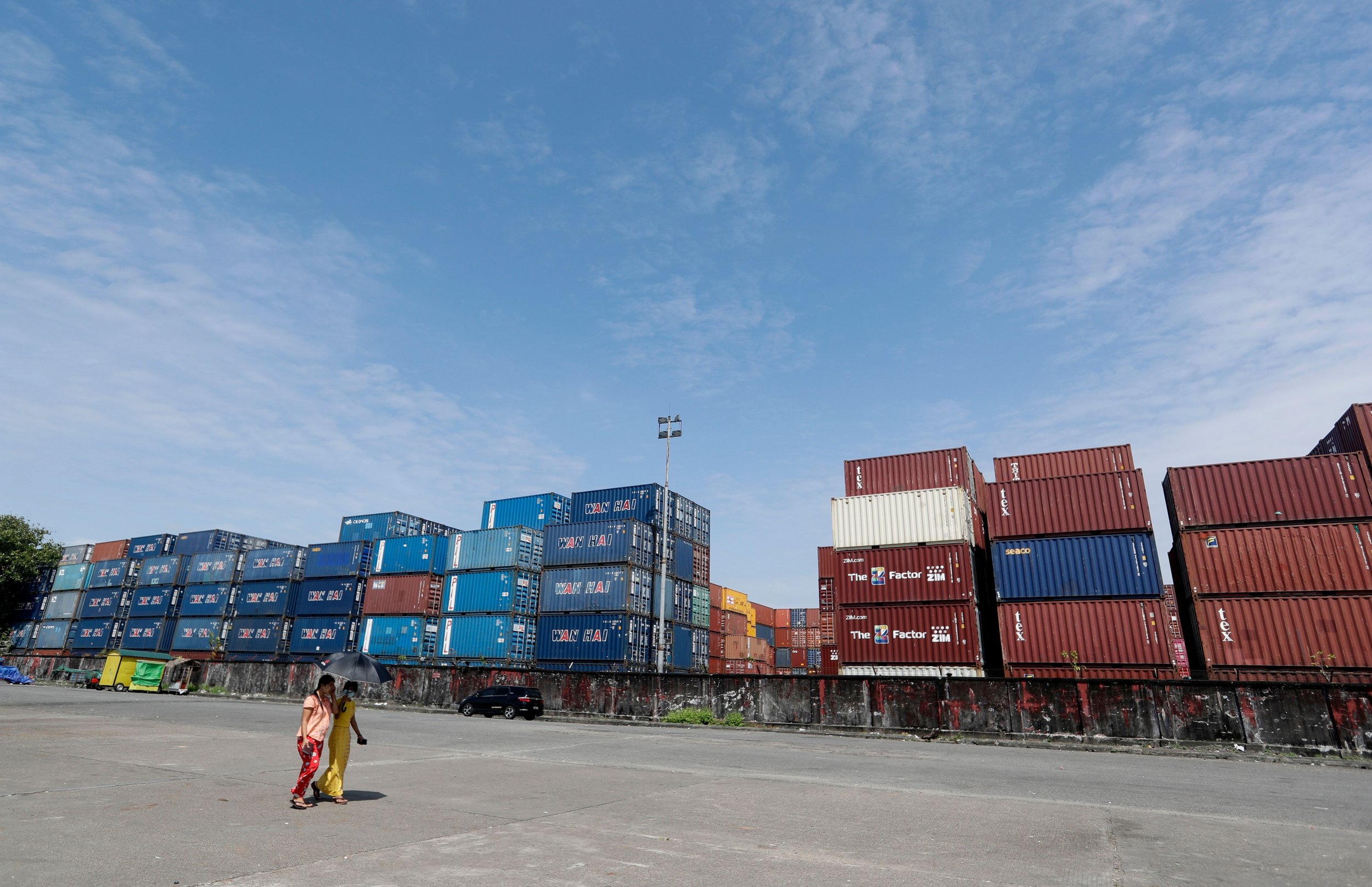PROJECTS
Here, you will find a one-stop-shop for each SOC ACE research project including publications, information about events and external engagement, media and contact details for researchers.
Unlocking the black box of political will on IFFs: Going beyond technical responses
The harms on economies and societies are significant when proceeds of crime and corruption are moved unimpeded through the global financial and trade systems. As policymakers are looking to identify ways to respond better to illicit financial flows (IFFs), this research project seeks to better understand what enables IFFs, if there is political will to address IFFs and what interventions have been successful in addressing IFFs as part of a politically sensitive approach. The overarching conclusion of the initial research was that the line between business, politics and crime has never been more blurred. The research proposes a framework, the so-called ‘IFFs pyramid’, to explain the three dominant means by which IFFs are enabled, moved and held: financial flows, trade flows and informal flows. In its second phase, the research project is testing the use and applicability of this framework in East and Southern Africa and the Mekong region.
Combatting trade-based money laundering: Do the Financial Action Task Force recommendations bite?
The Financial Action Task Force (FATF) focuses on combatting money laundering. In February 2012, it codified its recommendations setting the global standard on combating money laundering and terrorist financing. Countries voluntarily accept FATF recommendations and must produce their anti-money laundering (AML) framework for assessment by FATF once they’ve accepted. This project examines eight African and Middle Eastern countries that voluntarily implemented these recommendations from 2012 to 2020. It tests the hypothesis: Does implementing FATF recommendations reduce trade gaps? Using a ‘difference in difference’ methodology the project tests whether suspected illicit financial flows (IFF), measured through the trade-gap methods, decline after the decision to implement FATF recommendations.



